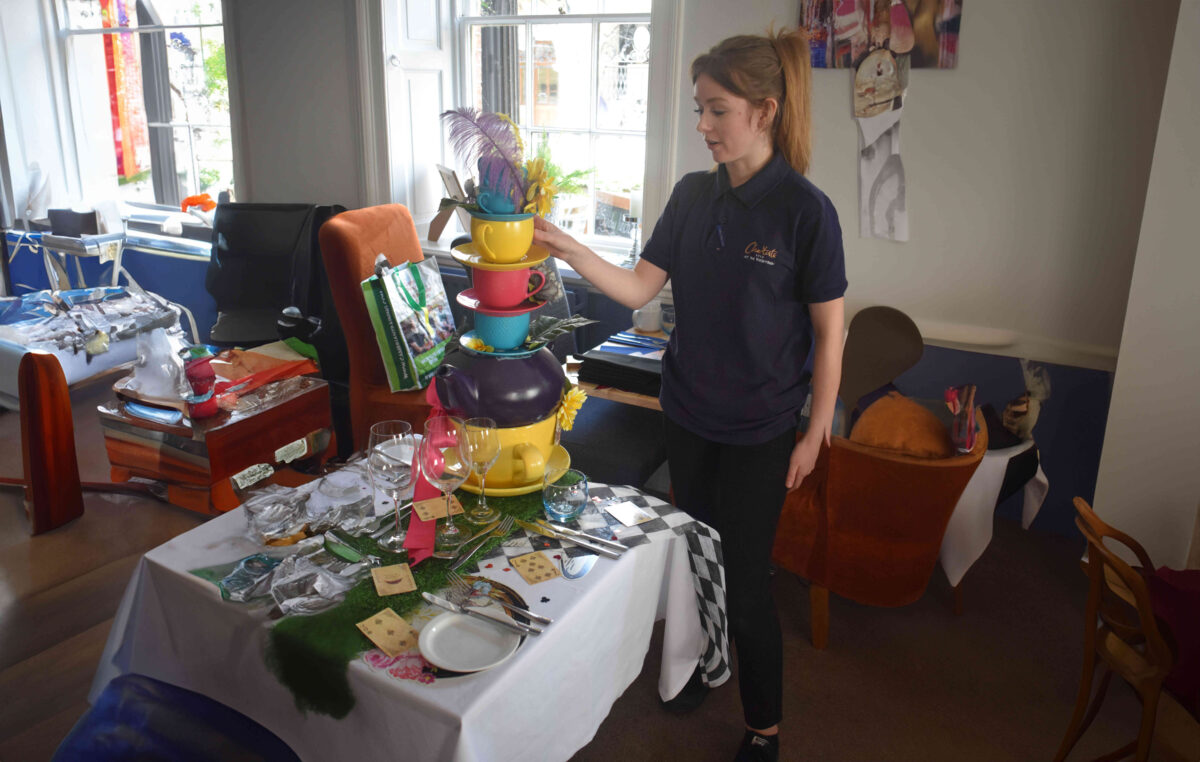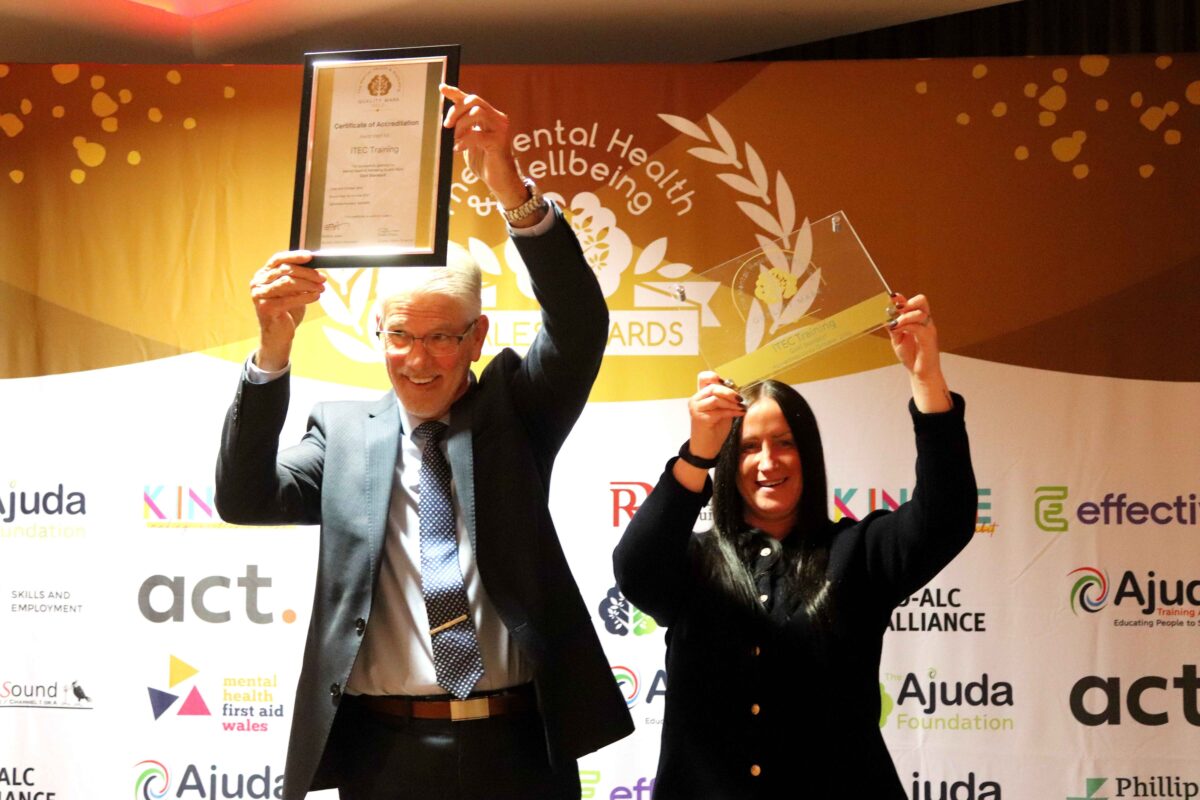Unlocking the Potential of a New Generation

“Around the globe, in the coming decades, there are estimates that up to half of today’s jobs are at risk of disappearing due to automation. At the same time, some experts estimate that two-thirds of today’s primary school children are going to be doing jobs and careers which don’t even exist today.
“So it is easy to describe the challenges this reality presents. But I believe these challenges also create a massive generational opportunity for us – one which depends more than ever on our investing and lifting up this country’s human capital. Especially in an economy driven ever more by knowledge and skills, not just at the top end but across more and more of the economy, overall. Globally, nationally, and regionally, the evidence is now overwhelming – education and skills are and will be the strongest determinant of economic success. Human capital is the missing ingredient in lifting the United Kingdom’s economic productivity ….
“Our productivity as a country lags behind many advanced economies and skills are at the heart of how we address that. Looking within our own country, there are geographical differences. Because the most productive area of the UK is three times more productive than the least. What’s behind that? Educational attainment is, according to CBI research, the single biggest driver of these productivity differences across the country.
“And so, looking ahead, our success is going to depend upon whether as a country we make it possible for everyone to develop the skills and opportunities that they need to succeed in the labour market. And we have to do that on a very simple but powerful assumption, which is that talent is completely evenly spread around the country – it doesn’t reside in one bit and not another, it’s all over the place. So we are simply missing a trick unless we finally start to level up those parts of the country where that talent isn’t being tapped into. And we’ve got to make sure that we don’t let anyone waste talent because of missed opportunities or social barriers. We have to make sure we don’t let anyone’s talent go to waste.
“The job of our education system – from the earliest years through to adulthood – is to help people to develop the skills they need to thrive in the future economy, and to be able to translate those skills into real, smart choices and great opportunities.
“And when I talk about social mobility, I don’t just mean helping the most disadvantaged to do better and I don’t just mean closing the attainment gaps in schools, absolutely vital though both of these things are. I am talking about something that to me is much more profound in nature.
“By social mobility I mean stripping away the barriers that anyone faces, so that everybody all over the country, and of many backgrounds, can go as far as their talents mean they’re able to, that they get the best and most stretching education or training, and make the transition into and upwards through a great career.
“Our success in building a post-Brexit Britain, which transforms social mobility and opportunity, will depend on whether, once and for all, we can learn how to invest in and how to value human and social capital in a way we have long known how to value physical capital, and seen investment go into it. Our economy, and our society depends upon it ….
“We fail to equip far too many of the young people who undertake technical and vocational training with the skills that they need to be able to thrive.
“And once in work, we don’t always harness the talents of millions of adults in the workforce who have the potential to keep progressing, but whose progress stalls because their development at work stalls.
“And these facts add up to much more than an attainment gap in our education system – they add up to an attainment gap at the heart of our economy. And it’s a gap that we simply cannot afford to let continue ….
“I am making social mobility the driving focus of the Department for Education, and I am focused on 3 core priorities:
- Firstly, tackling geographic disadvantage,
- Secondly, investing in long-term capacity in our system, and
- Thirdly, making sure our education system as a whole really prepares young people and adults for career success.
“My department is now working with 12 opportunity areas – these are the social mobility ‘cold spots’ identified by the commission last year, where we are building and supporting partnerships with schools, businesses, community groups, local councils, to diagnose, innovate, invest and improve educational outcomes and life chances. And already these opportunity areas, though new, are teaching us a great deal ….
“And from our recently published workforce strategy, again, working with teachers, for the early years to our bold ambitions for the FE workforce, we will put long-term investment in the people in our education system, and we are going in invest in the tools and evidence they need to succeed. That’s going to be at the heart of our social mobility plans.
“And the third and final pillar brings us back to where I started, with skills and technical education. Because closing the attainment gap in the education system will not be enough to build the future we need unless we go much further to enable all young people and adults to translate their educational attainment and potential into career success.
“And with further and higher education and training now back inside the DfE, we have got a powerful opportunity to make sure that our education system is building the workforce that our country, and British business, needs. And let me be clear – this has to be a central measure of our success. Education matters not just because it enables people to realise their unique potential – it matters too because it enables our economy and our country to fulfil its potential as well.
“So from the quality of our careers advice to the value of apprenticeships, from opening up our world-class higher education to supporting adults to continue learning and retraining throughout their lives, we will make sure that our education system is rising to the challenge of the future economy that we are going to become.
“We’ve made fantastic progress in apprenticeships – over 3 million people have started an apprenticeship since 2010 and over four-fifths of them say it has improved their career prospects ….
“But for too long as a country we’ve settled for second best for students who have been going to FE colleges. As a country we haven’t paid enough attention to what they are studying, or making sure it is genuinely high quality wherever they are studying it, or making sure that it’s what employers are really looking for. There are currently around 13,000 separate technical qualifications that you can take in our country. In plumbing alone a young person has the choice of 33 different courses. How on earth are they supposed to know which course is the highest quality; which is valued by businesses; which option is really the best fit for them in terms of what they want to achieve?
“If we are to see genuine long-term social mobility, then we must make sure that there is a high quality and a respected system for the half of our young people who prefer to not go on to do A levels or then to go to university.
“And so I am determined to transform technical education. And in this month’s budget, the Chancellor announced over half a billion pounds a year of new funding to support the introduction of these new so-called T-Levels – which the CBI described, I think rightly, as a ‘breakthrough budget for skills’. And the new T-Levels represent the most radical transformation of post-16 education since the introduction of A levels 70 years ago.
“We are following the blue print designed by Lord Sainsbury and Baroness Wolf, replacing the current system with a streamlined set of 15 technical skills routes, designed together with Britain’s best employers. And the budget funding announced will ensure that these are genuinely high quality. It means we can increase the number of hours of learning for students by more than 50% – currently it’s around 600 hours per year, and it would go up to more than 900, putting us up there with the best technical education systems in the world – calibrating us on a par with countries like Norway, Germany and Denmark, who have technical education systems stronger than ours today.
“And in a world where today’s teachers are educating children to do jobs and careers that none of us can necessarily yet imagine, we need a new contract with business, a new skills contract that means we work together with employers on a common plan to make sure there are the skills that our young people need and the opportunities there for them that they want.
“That means bringing together government, it means bringing together business, civil society, the best and the brightest and more innovative thinking in social mobility. And so over the coming months we will be doing just that, inviting employers and everybody who has a stake as we do in unlocking the talents of our young people, into a new, deeper more strategic partnership with us. We want your help in delivering the new solutions, to equip young people and adults with the skills to drive our country forward. We know that we have got to go on this journey together.”
Education Secretary Justine Greening
Addressing the Social Mobility Commission conference about transforming social mobility on 30th March 2017











Responses